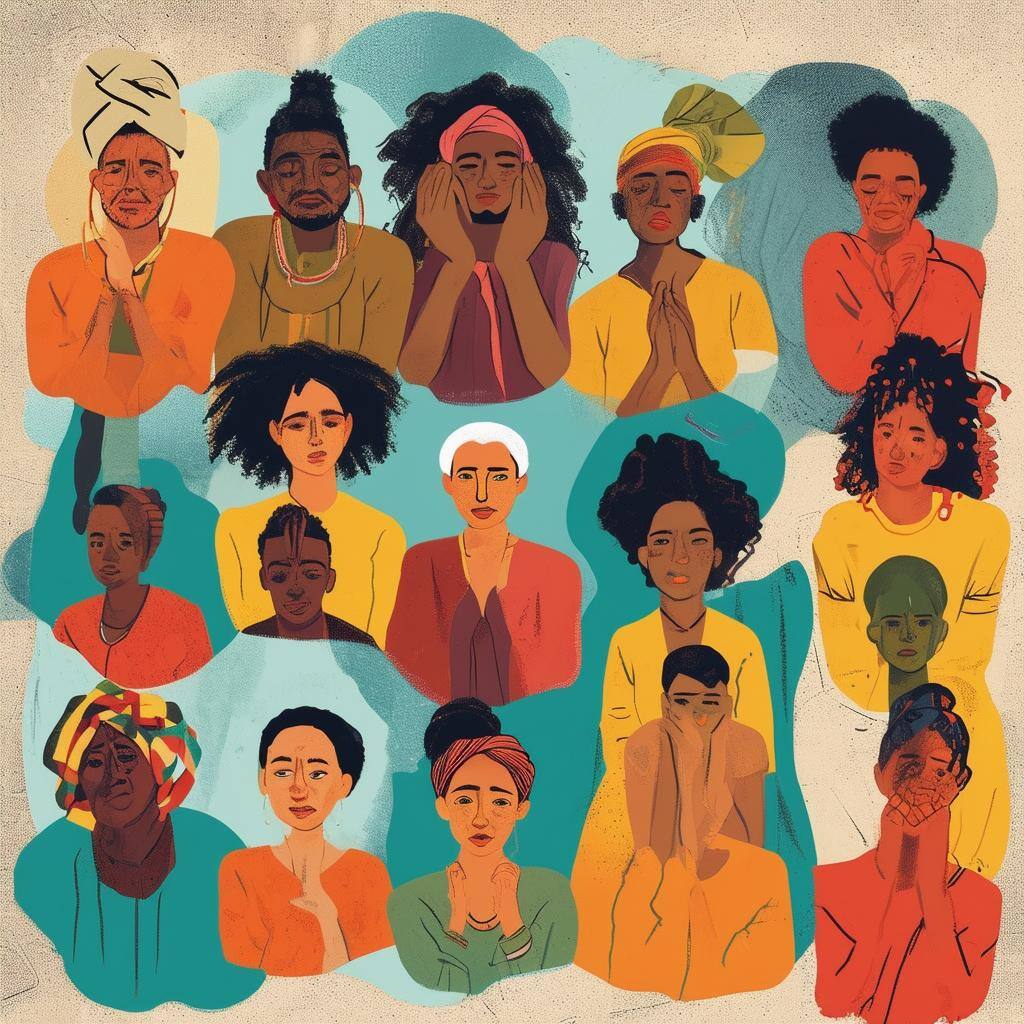Mental illness has affected all types of people from different age levels. The one thing about mental health is that it does not pick and choose who will get affected next, but it happens at random. The way to look at it is how you experience or how each individual seeks help because each culture will have different views and ways to help handle mental health. In some cultures, they review any individual with mental health; they get called names, and they get this stigma upon them, which will cause them more issues and will have a significant effect on their lives. On the other hand, different cultures completely understand how important mental health is. They provide all types of care and support to the individual.
This blog will explore how culture influences people's decisions to seek mental help. People often think that seeking mental help will affect their lives.

Most cultures have impacted how societies view and understand mental illness. Some cultures view a behavior as expected, while others view it as psychological behavior. The best choice is to have an understanding of how each culture views mental illness, how mental illness comes across in different cultures, and lastly, how mental illness is being treated in various cultures. The examples I want to look at are the Western societies' view of mental illness, which is seen as a medical condition. If we look at Eastern society's view, they look at it as a spiritual issue, or they add this stigma. For example, where I was raised, they view mental illness as someone who lost their mind, and that is a term used to this day.[1]
Mental Health Stigma in Different Cultures
The research revealed that the stigma surrounding mental illness exists across cultures. Different terms and expressions are used, and many individuals are afraid to seek help due to the fear of their community or cultural backlash. In some cultures, people also fear emotional abuse due to their mental illness. For example, in Asian cultures, mental illness brings excellent shame to families, leading individuals to avoid seeking treatment. Similarly, in African culture, mental illnesses are often labeled as abnormalities, which can result in mistreatment and stigma.
Barriers to Mental Health Treatment
Having access to mental health can be a challenging process because of language differences, having no trust in providers, and not having a clear understanding of the culture of care. Mental health treatment barriers include lack of mental healthcare service, stigma faced by patients, lack of awareness, and not having access to necessary help. Focus should be placed on building trust in communication between patients and professionals[2] .
 Cultural Knowledge of Mental Health Care
Cultural Knowledge of Mental Health Care
Having cultural knowledge of mental healthcare will provide a clear understanding of how patients can express their feelings and help them feel comfortable. The vital thing is building trust, which also helps with a treatment plan to make it easier for the treatment plan to work. Secondly, having a clear understanding of the culture and awareness will help to understand the stigma this culture faces regarding mental health. It will help patients get back to their communities equipped to help others who are facing the same stigma or form a support system to improve and give knowledge to others that it is okay to have a mental illness. We should refrain from name-calling and hurtful words[4] .
The Future of Mental Health Treatment
As the global population grows, mental health professionals must understand the different cultural beliefs of their patients. Understanding global mental health can have a considerable impact on the outcome of mental health worldwide. This can help prevent further crises for mental health patients. Mental health professionals should provide a way for patients to stay in touch with them worldwide by incorporating teletherapy options to foster a safe space for patients. Lastly, the World Health Organization (WHO) offers programs and publishes articles to inform people about the available support and the presence of professionals ready to assist them[5] .
Conclusion
Recognizing the role of culture in mental illness is crucial, as it enables the provision of more effective treatments and reduces stigma. We can enhance mental health by appreciating cultural differences and demonstrating consideration and compassion to patients and professionals.














